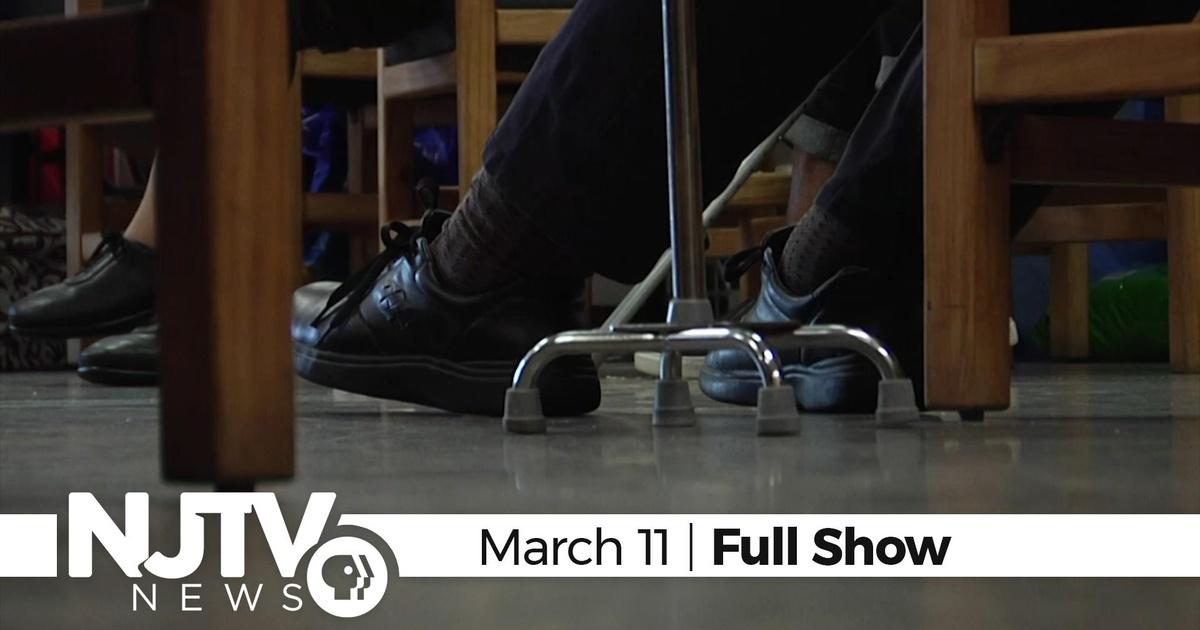
- Select a language for the TTS:
- UK English Female
- UK English Male
- US English Female
- US English Male
- Australian Female
- Australian Male
- Language selected: (auto detect) - EN
Play all audios:
“Let me cut right to the chase,” a former Navy helicopter pilot once told me. “Doc Eagles was simply the bravest and most humble person I have ever met.” This veteran had flown with Eagles
in Vietnam. “When I first met him,” the pilot said, “Tommy couldn’t have weighed more than 130 pounds, but on the first flight I took with him, he carried a wounded soldier out of fire and
got him safely off the battlefield.” I learned about Eagles while researching my book about the invention of the revolutionary blood-clotting product QuikClot, now standard issue in the
first aid kits of all military personnel and many first responders around the world. Eagles had been instrumental in getting the product to combatants in Iraq and Afghanistan. After
Vietnam, Eagles worked at the Marines Warfighting Laboratory in Quantico, Virginia, and presided over the first redesign of the Marines’ Individual First Aid Kit (IFAK) in decades. He
advocated relentlessly for the inclusion of QuikClot, a disruptive and entirely unknown product that had been discovered by complete military outsiders with no medical training. Largely
because of Eagles, QuikClot got to Iraq in 2002 and was credited by the Department of Defense with saving dozens of lives soon after its arrival. Those who worked with the beloved Eagles —
who died at age 71 in 2016, partially from complications of Agent Orange — always recall first his gruff sense of humor. Eagles was constantly laughing and joking. “My ass has been chewed
out by generals so many times I can’t sit down,” he often said. “I bet you’ve never met a man with five assholes,” was another. Eagles was referring to the fact that he had been shot on
three occasions in Vietnam. One time, he had run into an open field to save a wounded Vietnamese child. Another bullet had passed through his buttocks, leaving entry and exit wounds. But
his favorite phrase was “the kid in the ditch,” by which he meant the bleeding common soldier or Marine left to die in a hole in some dark corner of a distant battlefield. After all, Eagles
had been such an ordinary kid himself, hailing from a poor family in upstate New York, who took an unusual route to Vietnam, first arriving there in 1963 as a Catholic monk. Deciding that
the religious life was not for him, he joined the Navy and soon returned to Vietnam in 1966 as a corpsman — a medic who often serves alongside Marines. He was one of the last Americans to
leave the country, airlifted off the roof of the U.S. Embassy in Saigon the last day of the war in 1975.

:max_bytes(150000):strip_icc():focal(749x0:751x2)/kristin-jeff-a3357b590e3447cc8ebd2ca1a0354ab3.jpg)




